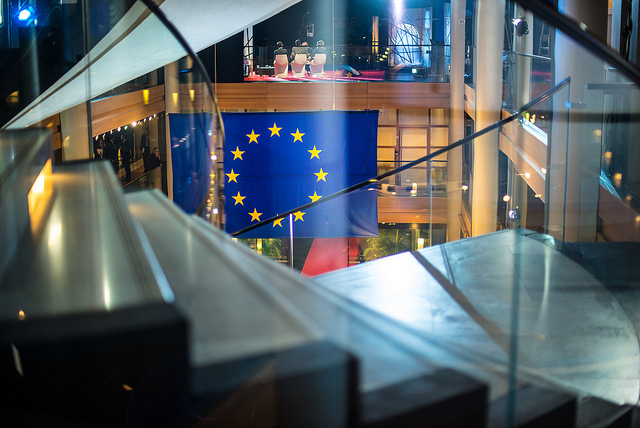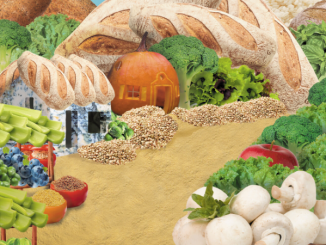
The European Parliament’s Agriculture Committee voted Tuesday to allow for the extension of the current CAP system for up to two years. Critics however claim little time is saved in reality, while progressive change has now been stalled for longer.
The European Parliament’s Agriculture Committee voted Tuesday to allow for the extension of the current CAP system for up to two years. The AGRI Committee has asked for a 2 year transition period if agreements are not found on the new CAP and the new overall EU budget by 30th October this year. A one year extension had been had proposed by the Commission, however the group of MEPs with farming under its remit voted for an optional one extra year extension.
While this is officially just the Parliament’s negotiating mandate in upcoming negotiations with the Council of Ministers (trilogue) in effect this pushes out CAP reform to January 2023.
The rushed nature of the vote on Tuesday has been received negatively in some quarters. Critics argued for a full plenary debate in mid-May involving all MEPs.
Someone familiar with the process thus far told ARC2020: “in COMAGRI only the Shadow rapporteurs actually worked on the file and there was no debate on committee level. It was supposed to happen on the 15th April, but they ran out of time and cut it very short. Now the whole plenary is cut out and a decision to spend at least two years of CAP budget is made by 4-5 Shadow-rapporteurs.”
Moreover, little if any time has been saved: official trilogue meetings can only take place after the next plenary session in three weeks.
However there is speculation that rapporteur Katainen may try to initiate an informal trilogue. This would be highly irregular and would certainly test the notion of three equal partners at EU institutional level.
The process will now most likely goes directly to the next stage after rubber stamping 13th-14th May – negotiations between Parliament and the national agricultural ministers. Critics say the fastracking of the process weakens the Parliament’s position in these negotiations, as a two year budgetary position was decided without a full debate and vote.
This two year pause also means that new initiatives towards greater sustainability in agri-food and rural affairs, to bring CPA more into line with other policy imperatives, are restricted – without a change in CAP, farmers and others impacted by CAP can only work within its current rules.
“Yesterday, COMAGRI MEPs voted for two more years of the same flawed policy, despite the ongoing climate and biodiversity crisis and despite calls from the scientific community to turn the CAP around. By approving the Trilogue mandate without further vote in plenary, they cut short any meaningful debate and decided over 100bn€ of taxpayer’s money in the most intransparent way possible” Andre Prescher EU Budget and Agriculture Policy Officer at NABU in Brussels
The Committee was strong in its support for maintaining the CAP budget: “The approved text reiterates Parliament’s opposition to any CAP-related budget cuts. MEPs insist that the funding of the EU-27 farm policy must be maintained at the 2014-2020 level in real terms. If the transitional law enters into force before the deal on the future MFF is reached, national ceilings for direct payments, rural development and sectoral support in 2021 and potentially in 2022 should be based on those in the EU’s 2020 budget.”
The 400 amendments proposed were whittled down to 27 compromise amendments, with little negotiation. More information on the amendments can be found here.
Some of the highlights include:
It had been proposed to limit certain ACEMs (Agri-Environmental and Climate measures) to three years. However member states will still be able to sign long contracts (multi-annual programmes) on environment, climate, organic farming and animal welfare during the transition period, following the vote.
External convergence (between countries) did not feature in the final accepted report, while internal convergence (within) has. This means that no effort was made to change the current, unfair dynamic whereby a farmer in the Netherlands receives much more EU support than a farmer in Lithuania leading to unfair competition and the eventual disappearance of family farms for corporate consolidation in some countries. However, AGRI members approved the continuation during the transitional period of the equalisation of direct payments within each member states (internal convergence).
More information on amendments will come to light in the days ahead.




